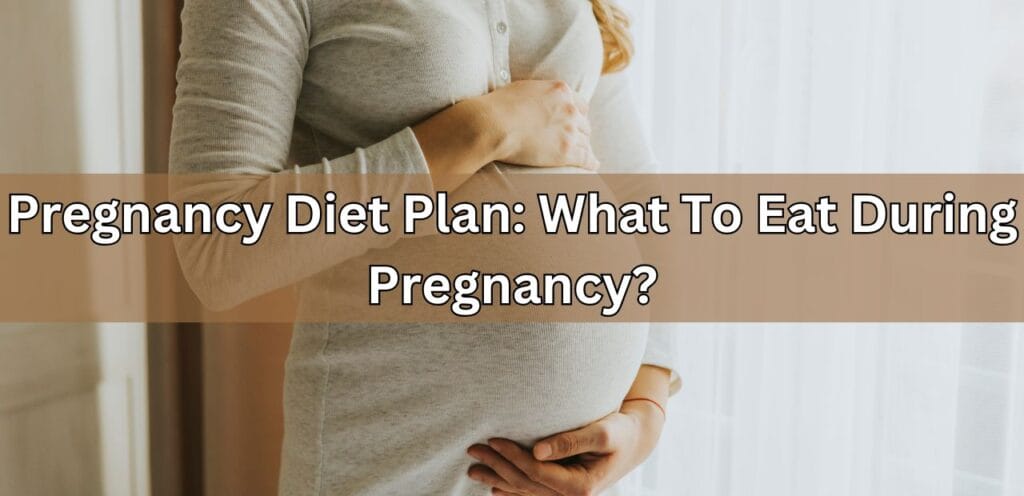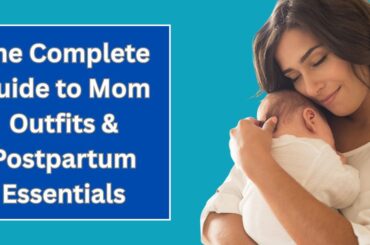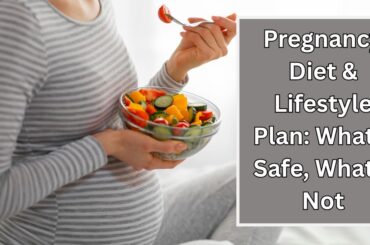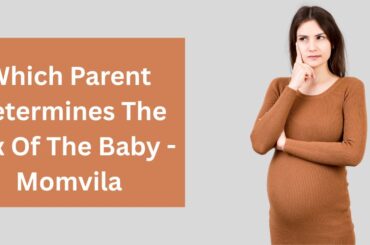The expecting couple and their loved ones experience a wave of enthusiasm when they learn they are expecting a child. It is very crucial to have a nutritious diet while pregnant. Because you have crazy appetites and an even crazier schedule, it might be challenging to prepare appropriate pregnant meals and a Pregnancy Diet Plan.
You can make your pregnant meal planning more achievable with the help of a few simple online tools – use them to guarantee you’re getting the nourishment you and your baby need. A nutritious diet promotes the overall development of the unborn kid.
A person’s diet should combine proteins, carbs, and fats for a healthy pregnancy. Rather than eliminating all of your favorites, eating healthily frequently entails simply modifying the quantities of different items you eat to keep your diet diverse. In this essay, we’ll go over what you should prioritize and what you should avoid having a safe pregnancy. See the complete pregnancy diet guide:
Read our blog on the topic Top 10 Snacks for Labor You Must Need To Know
Proper Diet Plan During Pregnancy
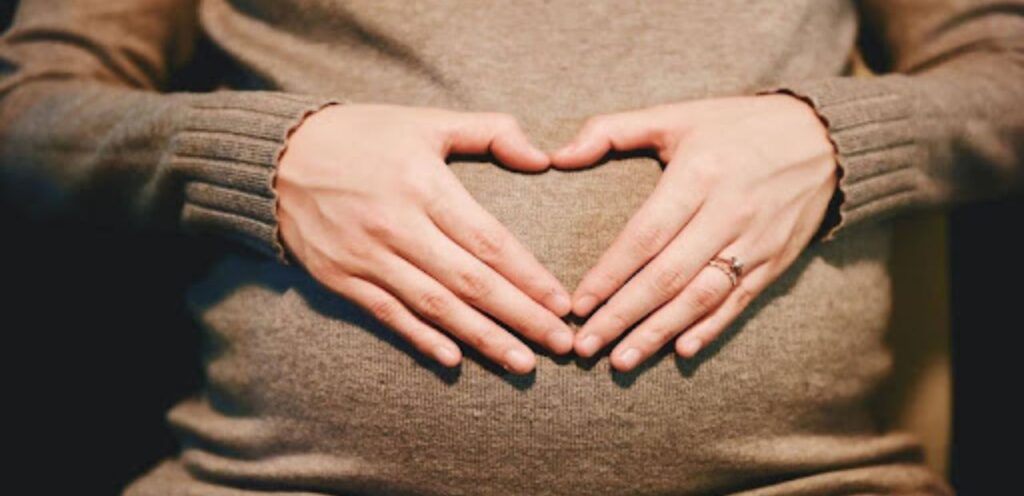
A balanced diet during pregnancy has been demonstrated in studies to minimize the risk of your baby acquiring obesity, diabetes, or heart disease later in life. See the complete pregnancy diet plan:
1. Vegetables and Fruit in Pregnancy
Consume a wide range of vegetables and fruits to get a variety of vitamins and fiber, which improves digestion and prevents constipation. For a good dose of folate, include enough green leafy vegetables (kale, spinach, parsley, collard greens, etc.).
2. Protein In Pregnancy
Protein-rich foods aid in the development of the newborn. Hog, lean beef, and poultry are good sources of high-quality protein. Protein can also be found in tofu and soy products.
3. Fats In Pregnancy
Fats are an essential part of a balanced diet and are especially crucial during pregnancy. Healthy fats are required for a baby’s proper brain development and can lead to prenatal insights. The different forms of fat, on the other hand, are quite important. For example, getting enough omega-3 unsaturated fatty acids is critical during pregnancy.
4. Dairy In Pregnancy
Dairy products like cheese, yogurt, and milk are essential because they provide nutrients your baby needs, such as calcium. For instance, Greek yogurt is very healthy since it contains more calcium than many other dairy products. Use low-fat options whenever possible. It could be linked to full-fat dairy foods having higher estrogen levels than low-fat dairy foods.
5. Iron In Pregnancy
Iron contains the majority of hemoglobin. Hemoglobin is the oxygen-carrying pigmentation and major protein in red blood cells. It’s especially important during pregnancy since your blood volume expands. Pruning Juice Prunes, sometimes known as dried plums, are a good source of organic iron.
Post-Pregnancy Diet
If you’re breastfeeding, your food contributes to your baby’s strong and healthy development. Remember that calorie intake and appropriate macronutrient ranges differ depending on your degree of activity, body size, and other factors.
1. Grain (Whole)
After pregnancy, healthful grains like oats, quinoa, brown rice, and whole wheat bread are beneficial to your body. It should give you the strength to overcome any shortcomings you may have experienced following your child’s birth.
2. Calories
Getting the good calories into your body will help you maintain your strength and milk production. Breastfeeding mothers should have roughly 2,300 to 2000 to 2500 calories per day, but non-breastfeeding mothers should consume 1,800 to 2,000 calories per day.
3. Plenty of Water
Keeping yourself hydrated benefits your body in a variety of ways. For starters, it aids in the acceleration of your metabolism. It also makes you feel full, which helps you control your appetite.
4. Calcium
Each day, you’ll need 1,000 milligrams or roughly three servings of low-fat dairy. It is possible to verify that you are getting adequate calcium by reading nutrition labels. One cup of milk or yogurt, for example, has 300 milligrams of calcium.
5. Unsaturated and Polyunsaturated
If you want to reduce weight after your pregnancy, don’t fully stop eating fat. Instead, eat foods high in unsaturated and omega fats that are good for your heart and maintain your body’s health.
6. Vegetables
For breastfeeding mothers, the daily need is 9 mg for women 19 and older and 10 mg for adolescents. Some vegetables you can eat include leafy greens, radishes, bell peppers, cabbage, avocados, sweet potatoes, kale, tomatoes, celery, and carrots.
Food To Stay Away During Pregnancy
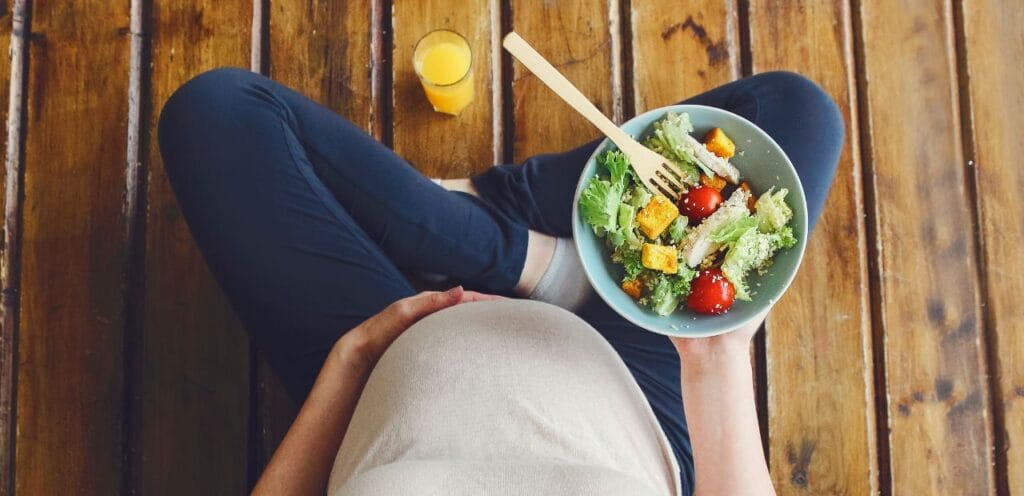
To be healthy, you’ll need to pay close attention to what you eat and drink for pregnancy. Certain meals should be ingested only on rare occasions, while you should avoid others entirely. Here are what to avoid during pregnancy:
1. Avoid Consuming Alcoholic Beverages
According to statistics, 18 percent of deaths are caused by alcohol overdose. Alcohol During pregnancy, no amount of alcohol has been proven to be safe. The safest bet is to stay away from alcohol completely. Drinking during pregnancy can harm the baby in the long run, and the more you drink, the higher the danger.
2. Meat That Is Raw or Undercooked
A pregnant woman should avoid raw meat. Toxoplasmosis is a parasitic infection that can be spread by meat, dirt, cat feces, and unclean water. Stored in the fridge, pates and meat spreads should be avoided.
3. Do Not Consume Caffeine in Excess
Caffeine crosses the placenta, but the consequences on your baby are unknown. To be safe, your healthcare professional may advise you to avoid or limit caffeine intake to less than 250 milligrams (mg) per day while pregnant.
4. Organs Meat
Even though it’s high in Vitamin A, B12, copper, and iron, a pregnant woman should limit her intake to avoid Vitamin A and copper poisoning. It would help if you did it only once a week.
Conclusion
Your growing infant is drooling at the prospect of consuming all of the nutrient-dense foods in a well-balanced diet of whole grains, vegetables and fruits, lean proteins, and essential fats. To support a healthy pregnancy, several foods and beverages, such as coffee and food intake of added sweetness, should be avoided. This is a fantastic place to start if you want a good, well-nourished pregnancy. We hope this pregnancy diet plan will help you out. For more related guides and information visit Momvila today.
FAQs
What is the recommended amount of water for a pregnant lady to drink?
When pregnant, you should drink 8 to 12 glasses of water daily. Water offers numerous advantages, including improved digestion and assistance in the formation of the amniotic fluid that surrounds the fetus.
Is it safe to eat bananas during pregnancy?
Bananas are another potassium-rich food. They also contain Vitamin C, Vitamin B6, and fiber. Constipation is a common complaint among pregnant women.
Is Honey Safe for Pregnant Women?
Yes, as much as the jar doesn’t say “raw,” you can have honey. If you’re holding an apple slice with walnut honey and butter in your hand, eat it!
